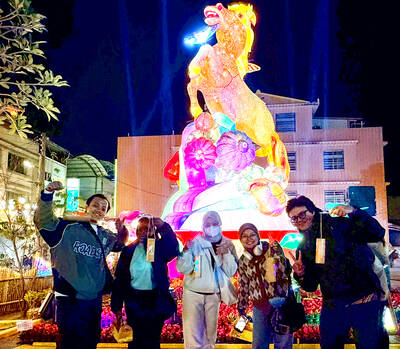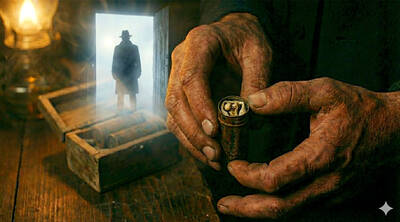With Hong Kong’s Next Magazine deciding to end its print edition last Wednesday, Taiwan’s Next Magazine president Chiu Ming-hui revealed during an interview the next day that the Taiwanese edition is going to follow suit. It will scrap its print edition after the final issue on April 4, and go fully digital.
Following its success in Hong Kong, the tabloid magazine launched its Taiwanese edition in 2001. Over the past 17 years, it has led to the growth of a “paparazzi” culture and led on popular issues, and had a considerable impact on the media scene in Taiwan. In recent years, however, the magazine has been hit by the rising importance of the Internet, and there have been many rumors of potential buyout attempts. In the end, it had little choice but to stop its print edition.
Taiwan’s Next Magazine reportedly suffered a financial loss of more than NT$200 million (about US$6.8 million) last year. After suffering financial losses for several years, senior management finally decided to move the magazine solely online, and will allegedly lay off as much as one third of its employees.

Photo: CNA
照片︰中央社
(CNA and Liberty Times, translated by Eddy Chang)
繼香港「壹週刊」決定自上週三起停刊紙本後,台灣「壹週刊」社長邱銘輝隔天受訪時也表示,該週刊預計將在四月四日推出最後一期的紙本,未來會全面朝數位發展。
二○○一年,「壹週刊」從香港進軍台灣,十七年來掀起一陣「狗仔」風潮、主導議題、衝擊台灣媒體生態。但該週刊近年來受到網路影響,並多次傳出交易,最終走上收掉紙本一途。
台灣「壹週刊」去年賠了兩億多元(六百八十萬美元),高層因為不堪連年虧損,決議全力轉型網路媒體,傳聞該週刊將解僱高達三分之一的人力。
(中央社、自由時報)

A: Harvard professor Robert Waldinger’s “7-day Happiness Challenge” includes: Day 1: Take stock of your relationships; Day 2: The secret power of an 8-minute phone call; Day 3: Small talk with strangers has big benefits. B: That’s not too hard. What’s next? A: Day 4: Why you should write a “living eulogy;” Day 5: The importance of making work friends; Day 6: Don’t cancel those social plans. B: Good ideas. What’s the final challenge? A: Day 7: Keep happiness going all year long. So, I’m inviting some friends to the Taipei Lantern Festival today to build good relationships. Wanna

★ 本文由生成式 AI 協作,本刊編輯編修。 For tourists looking for a scenic way to spend an afternoon in Kaohsiung, heading to the British Consular Residence of Takao is the perfect choice. Its elevated position allows one to take in the bustling Kaohsiung Harbor to the east and the dazzling sunset over Sizihwan Bay to the west. This elegant red-brick building also serves as a portal to the city’s rich history. Interestingly, for 70 years, many people mistakenly identified this residence as the actual consulate. The history of “Takao,” the former name of Kaohsiung, began its international chapter in the mid-19th century. As European powers

★ Bilingual Story is a fictionalized account. 雙語故事部分內容純屬虛構。 The fog came before the knock. It covered the street and pressed against the window. Chao Gung-dao lit a small oil lamp, but his makeshift hut stayed dim. Another knock. Chao opened the door. The inspector stepped inside and removed his hat. He did not smile. “You remember me?” the inspector said. Chao resented the question. The inspector looked around the small room. His eyes stopped on a wooden box resting on a low beam above Chao’s head. “What is that?” Chao stayed silent. The inspector pulled the box down and

★ 本文由生成式 AI 協作,本刊編輯編修。 Continued from yesterday(延續自昨日) https://www.taipeitimes.com/News/lang Kaohsiung’s deep connection with the sea continues to thrive, with Kaohsiung Harbor remaining a crucial hub for global shipping. In addition to the port, the city has emerged as a major player in another world-class maritime industry—yacht manufacturing, responsible for producing 80 percent of all Taiwan-made yachts. The yacht industry in Taiwan originated in the post-World War II era, when the US military presence in Taiwan provided local boat builders with guidance on making wooden yachts. The resulting craftsmanship was so exquisite that orders soon poured in. In 1977, Taiwan replaced Canada as the main yacht